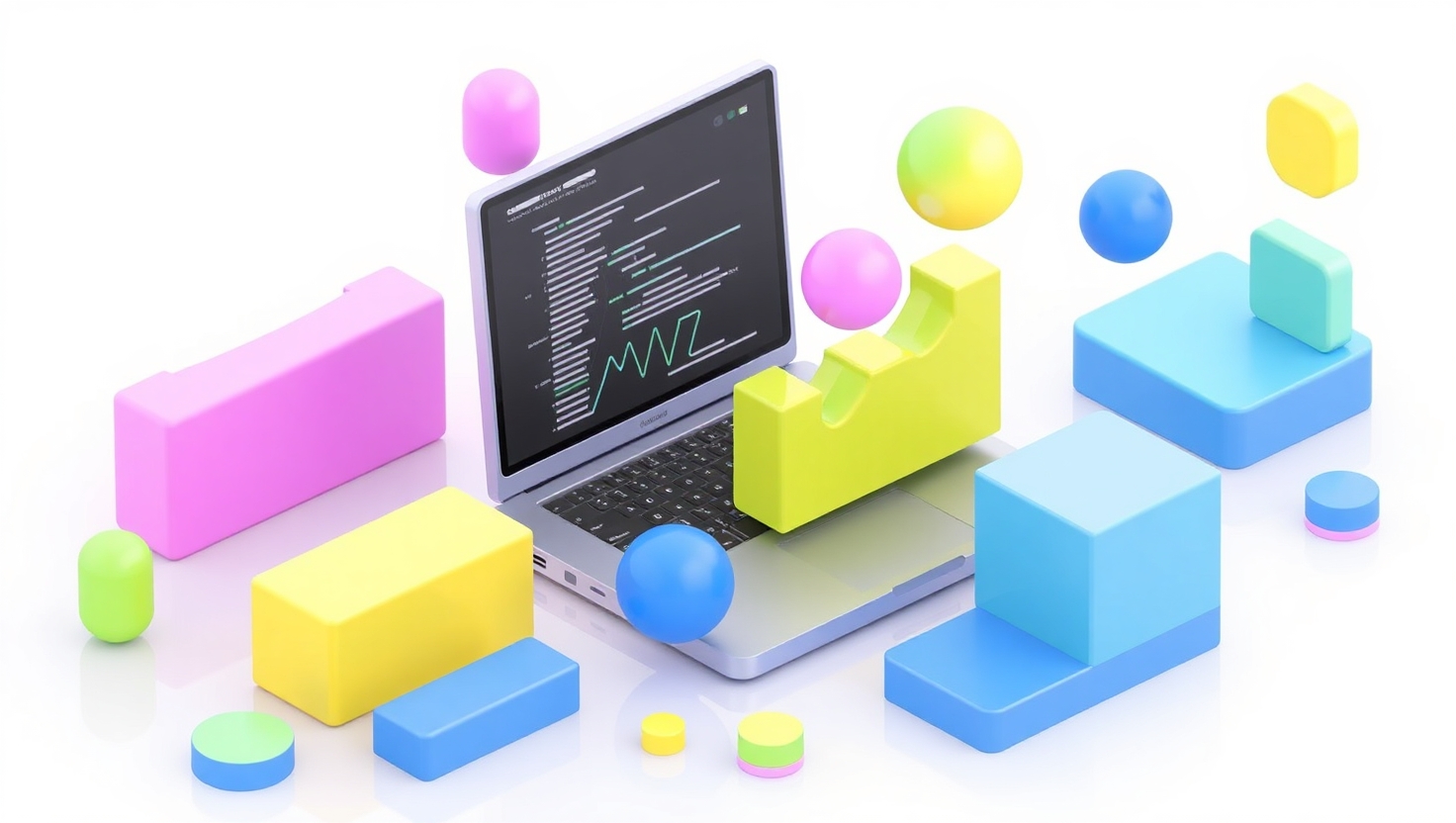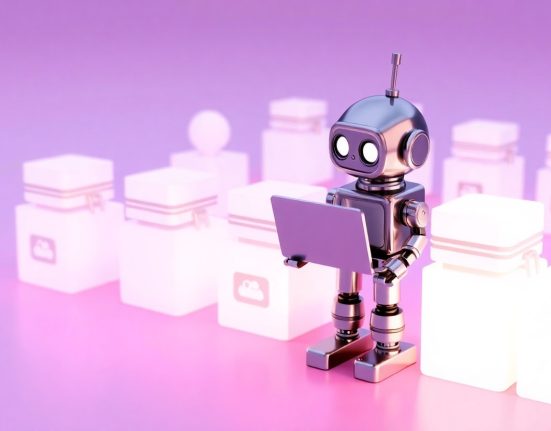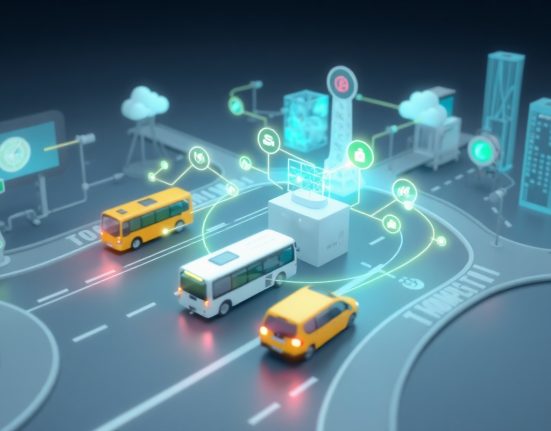Something big has happened in the last few years. It wasn’t just another version update or a hot new library release. It was a real shift—something that made the tech world pause, look inward, and ask: what now? The arrival of models like GPT has changed the rules. Suddenly, tasks that used to take developers, writers, analysts, and designers hours—are now done in seconds with a single prompt. And for those of us who loved building, coding, writing, analyzing—it’s a moment of reflection.
I’m not saying this out of fear, actually the opposite—I’m excited. There’s something absolutely magical about watching a machine write clean documentation, generate usable designs, draft solid code, and even find bugs. But along with the excitement comes a serious question: if the machine can do all this so well, what’s left for us? Who stays relevant in a world where code writes itself, interfaces design themselves, and data turns into insights with no human in sight?
The answer, I believe, lies with the people who understand systems—not just how to execute tasks. It’s no longer enough to know how to write a function or build a dashboard—you need to understand why you’re building it. Developers who think in terms of product, business, and user experience—those are the ones who won’t be replaced by GPT. Designers who understand emotion, human flow, user behavior—they won’t be replaced by prompts. Product thinkers, creative leads, entrepreneurs—these people will become more important than ever.
The real shift is not that jobs are vanishing, it’s that the definition of those jobs is changing. Coders won’t write every line by hand—they’ll guide projects, shape logic, review outputs. Designers won’t create every pixel—they’ll steer the vision, direct the tone, make sure the automation isn’t missing the heart of the experience. New skills are emerging—knowing how to talk to AI, how to frame intent, how to judge results. It’s less about how to do things, and more about why and what’s good enough.
At the same time, whole new roles are being born. Prompt engineers, AI researchers, data contextualizers, AI ethics reviewers—these roles didn’t exist five years ago, and now they’re in demand. Even in education, training, and AI experience design—we’re seeing new needs for people who can think in two modes: human and machine. So who stays relevant? The ones who evolve. The people who don’t see GPT as a threat but as a new super-tool. The ones who are ready to keep learning, to stay flexible, to question old habits. If you love this field, if you’re curious, if you’re okay with sometimes not having full control—you can absolutely be part of this new world, maybe even more than ever. We’re not giving our seat to the machine—we’re learning to ride alongside it.














